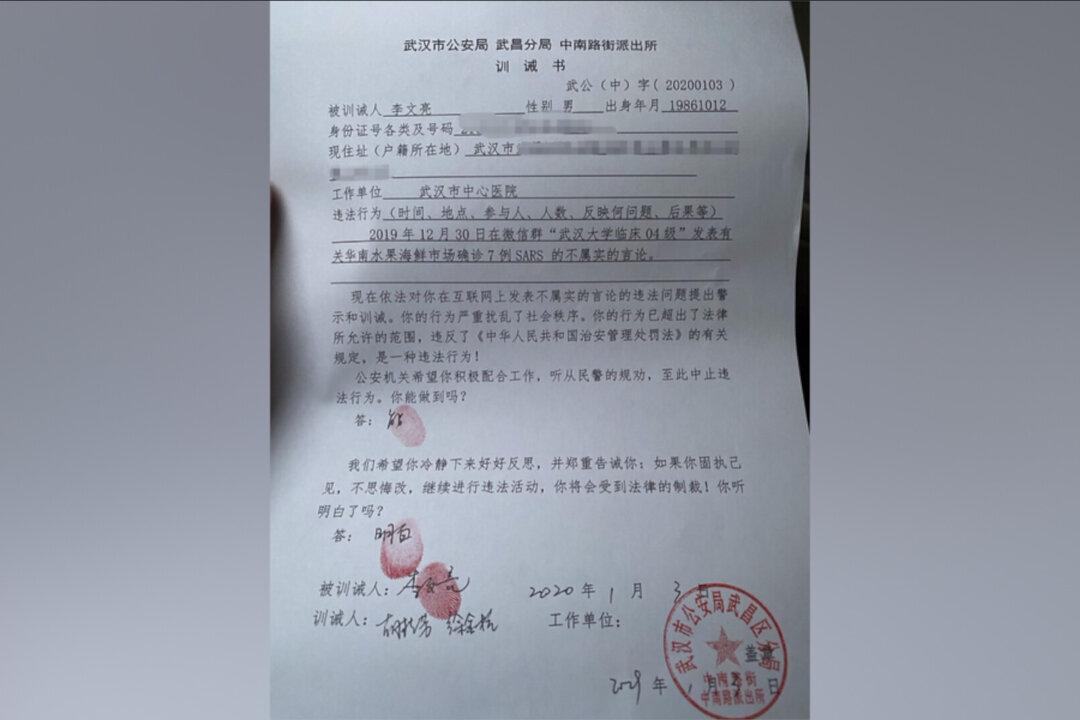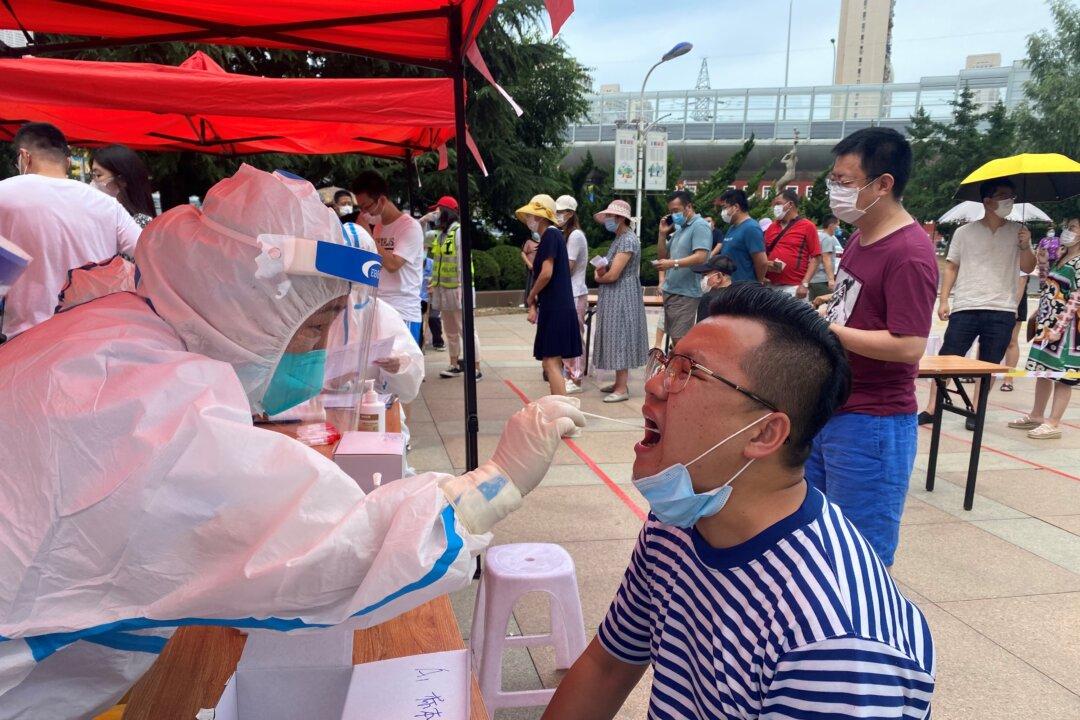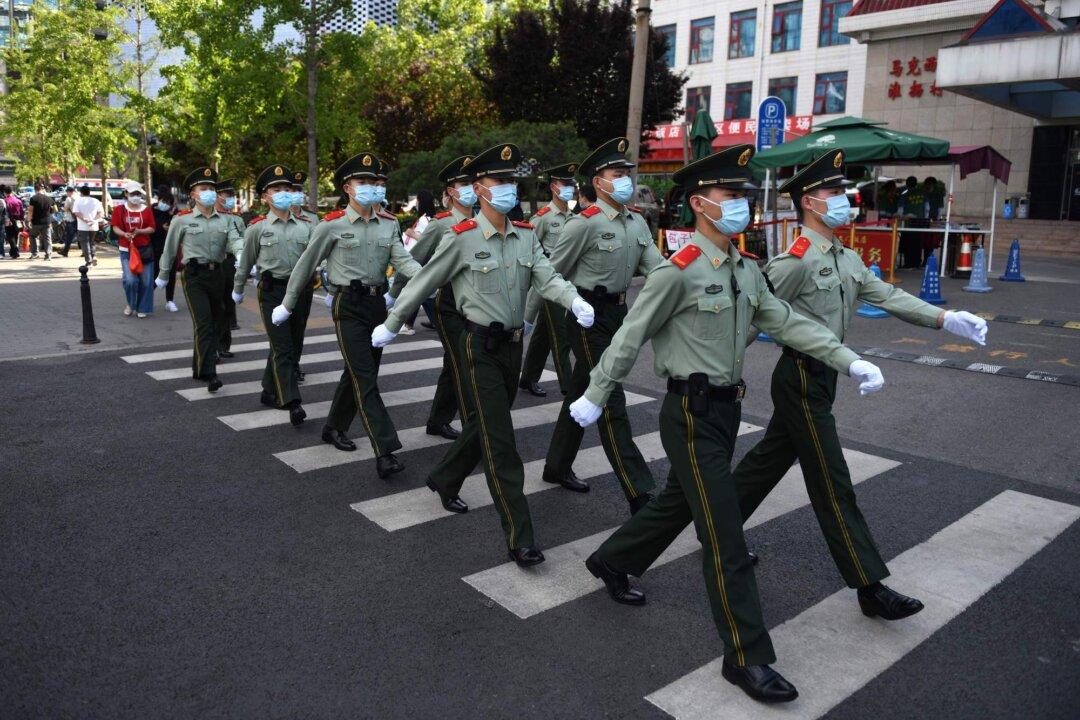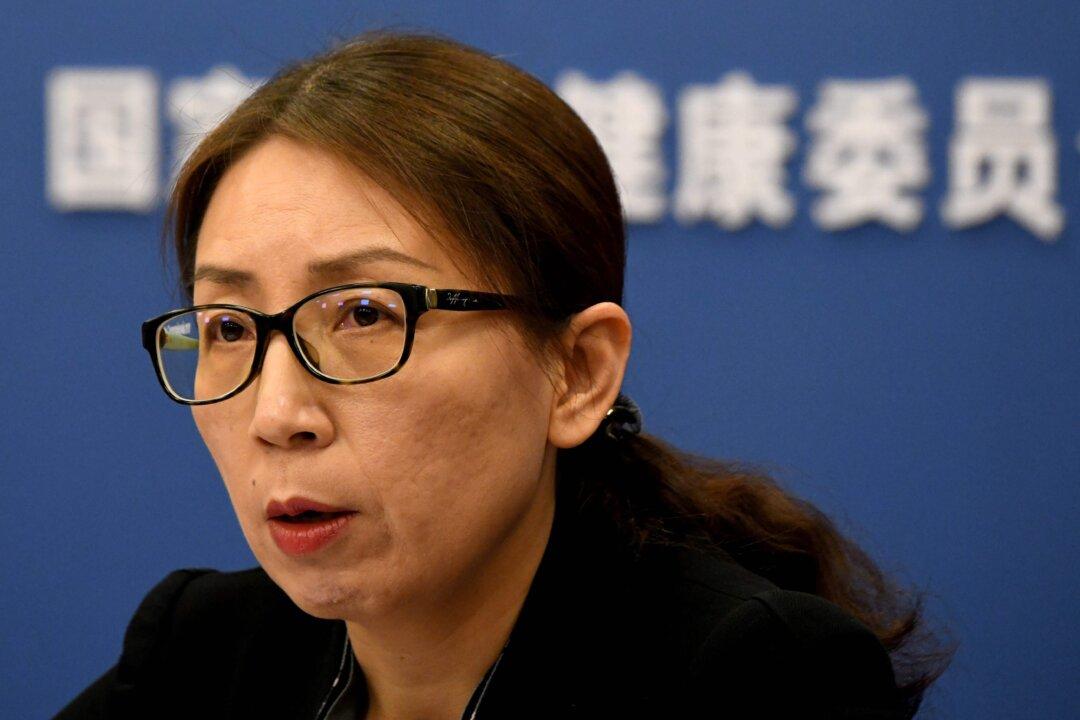The Epoch Times recently obtained internal documents issued by the Chinese Communist Party’s (CCP) Propaganda Department, revealing how it gives direct instructions to state mouthpieces, such as Xinhua, on how they should cover sensitive issues such as the U.S.-China trade war and the pandemic.
January Propaganda Instructions: Hide the Truth of the Pandemic
The documents, obtained from a trusted source, showed at least 90 instructions were issued by the Chinese regime in January this year.The first two propaganda instructions were issued on Jan. 2, with one aimed at the CCP virus (COVID-19) and one at the U.S.-China trade war.




